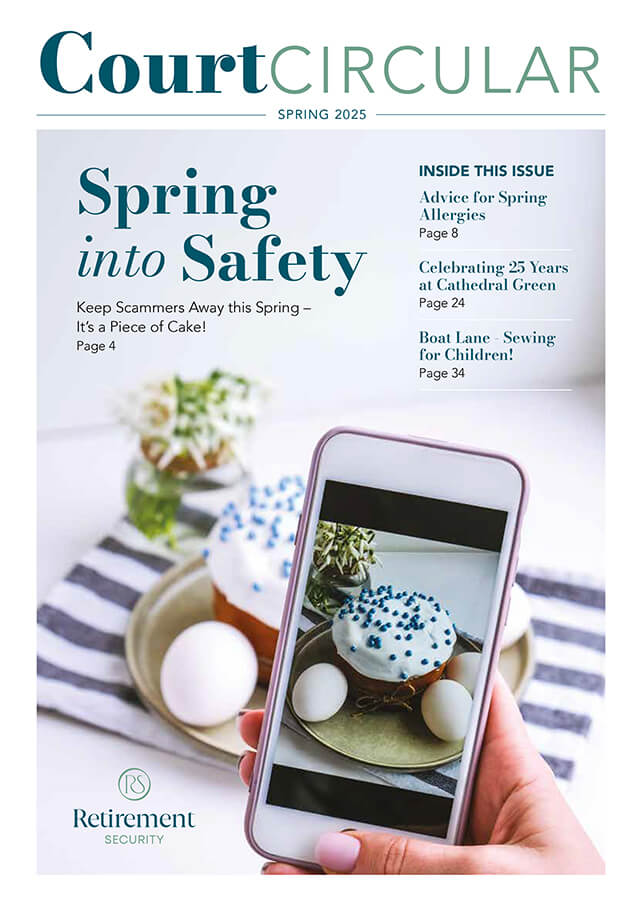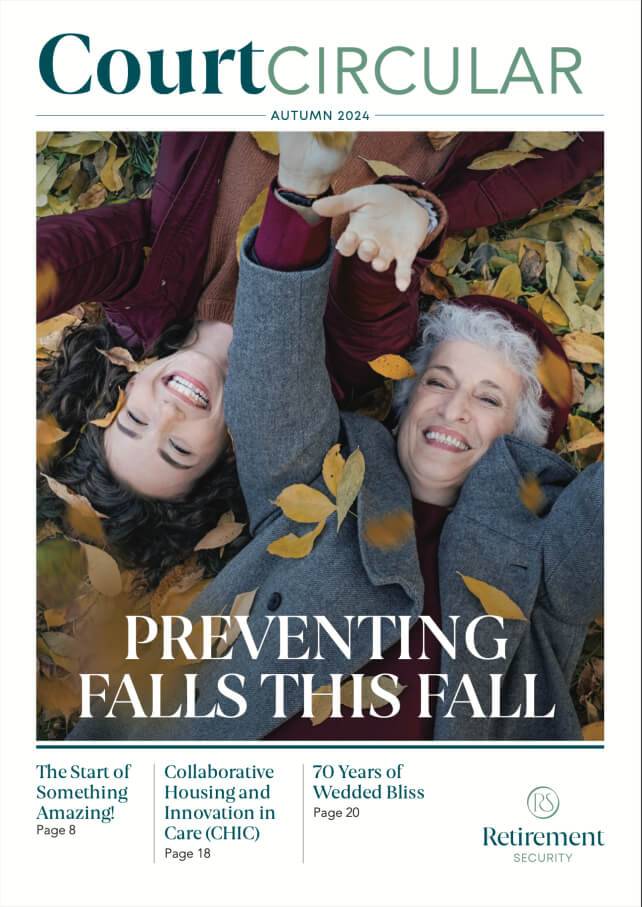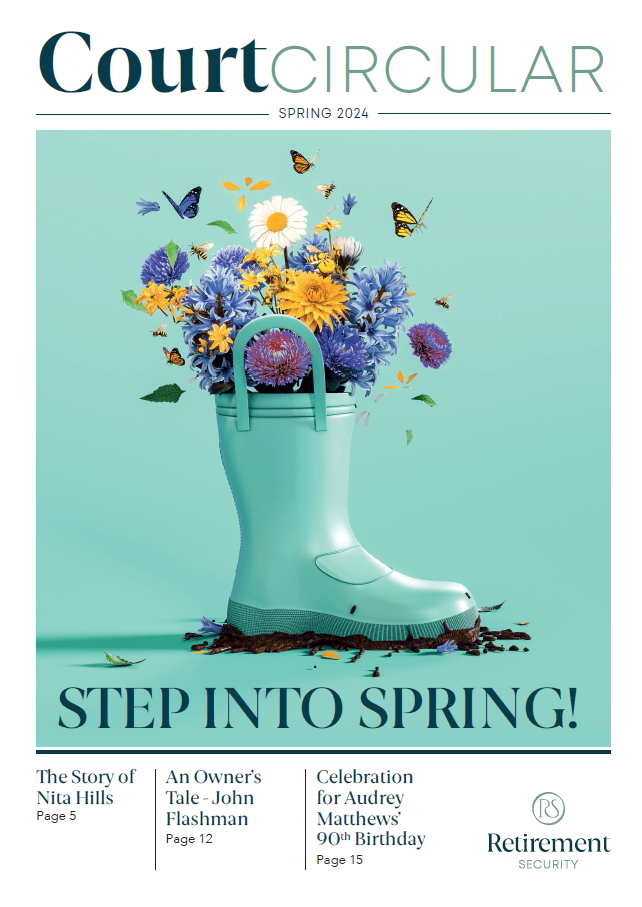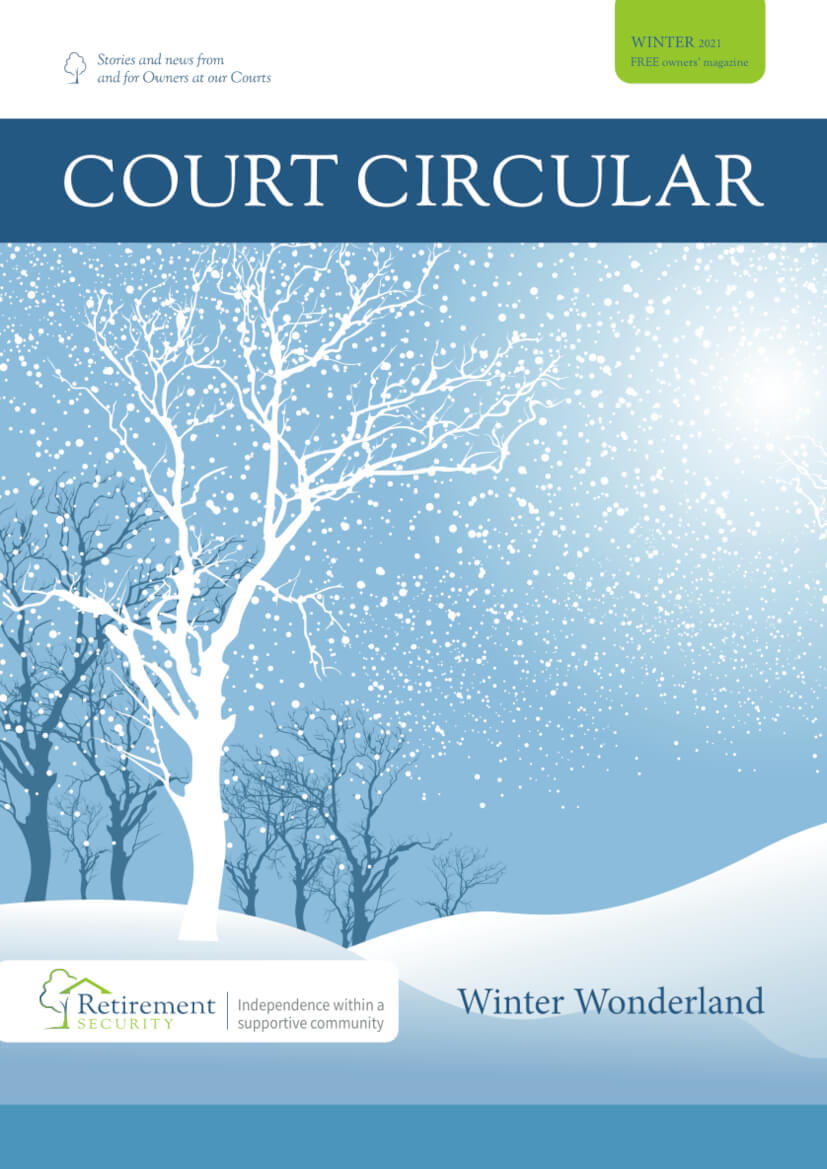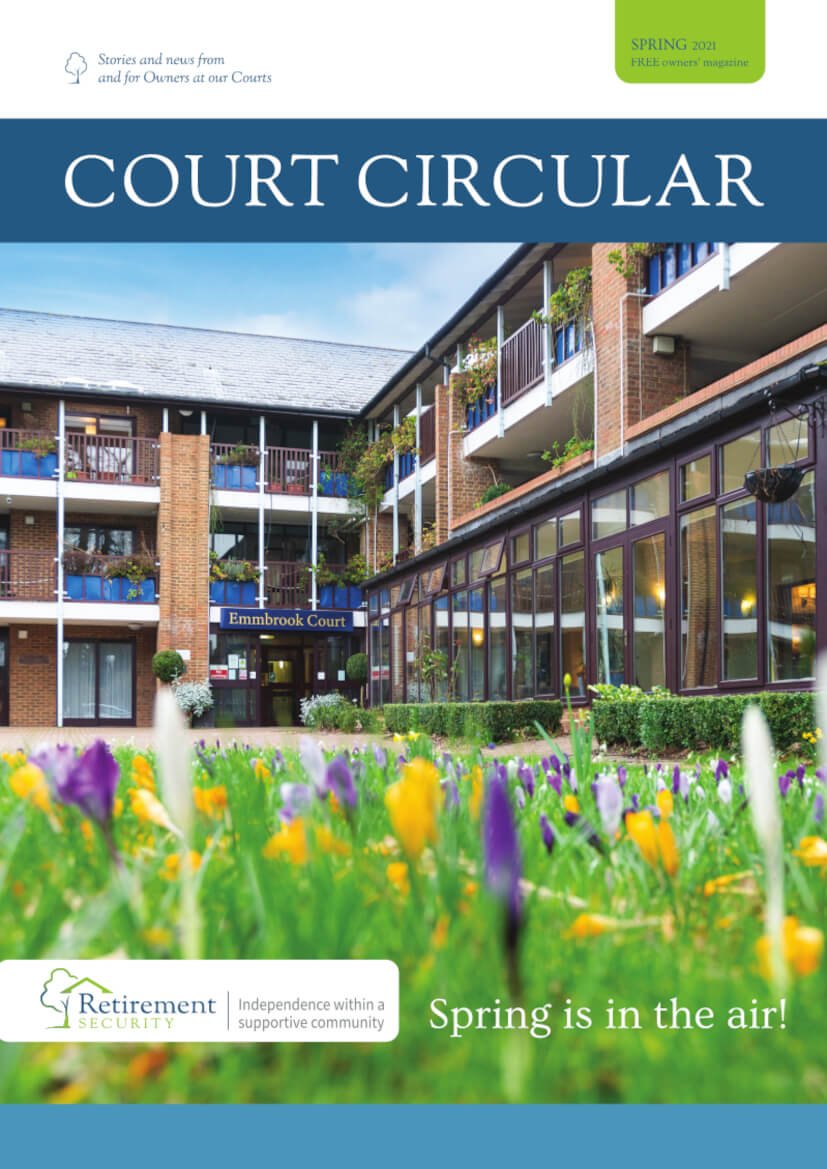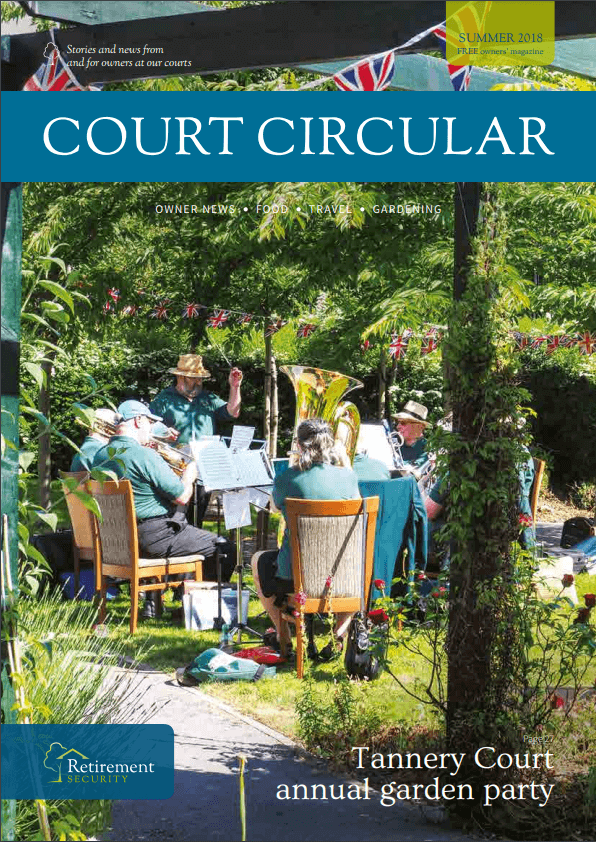Awareness of Seasonal Allergies
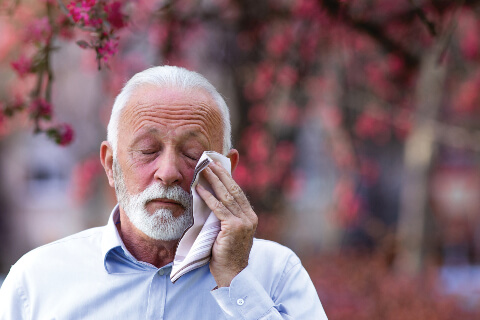
After a cold Winter, the arrival of Spring and the warmer weather can be a welcome relief. However, for some people the change of season can bring some unwanted consequences such as allergies. For those that suffer from allergies these symptoms can be irritating, but for some they can cause larger problems, especially if they are suffering from respiratory issues or heart disease.
Spring Allergies
The Spring weather brings with it pollen. Pollen is a fine powder produced by flowers, trees and grasses that fertilise other plants of the same species. Many people have an adverse immune response when they breathe in the pollen causing an allergic reaction.
Symptoms of Spring
Allergies can include:
- Itchy eyes, nose, throat and skin
- Watery eyes
- Nasal congestion
- Runny nose
- Sneezing
- Coughing
- Headache
- Irritability
- Fatigue
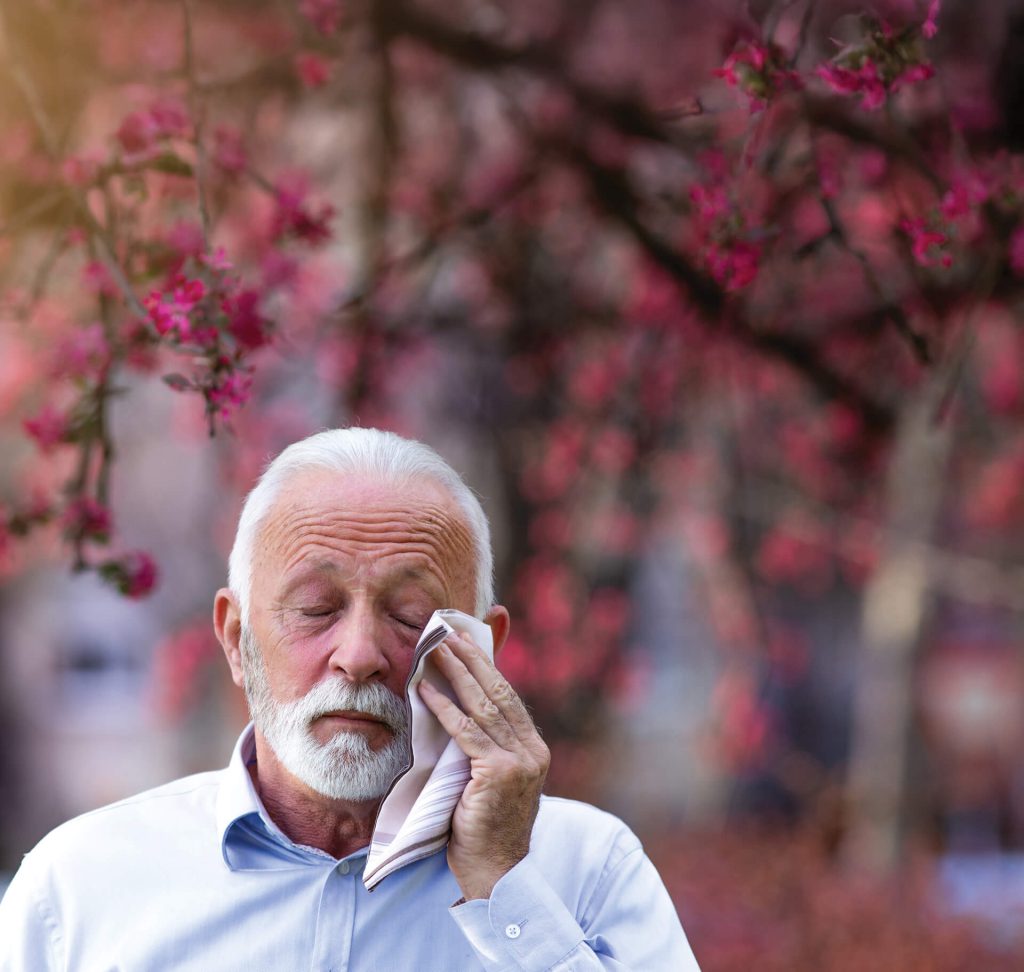
Prevention
If you suffer from allergies then there are a few things you can do to decrease the risks of them developing and reduce symptoms. These include:
Close windows
It is best to leave the opening of doors and windows for days when the pollen count is lower.
Stay indoors
When the pollen count is high try to limit your outdoor activity.
Wash after being outside
Pollen sticks to your hair, skin, clothes and shoes. If you’ve been outside then wash your hands when you come in or take a shower.
Wear sunglasses
If you are heading outside then it’s best to wear sunglasses to protect your eyes from airborne allergens.
Eat foods that reduce inflammation
According to nutritionists what you eat can help you to fight Spring allergies. Try eating more foods that reduce inflammation such as leafy greens, walnuts, flax seeds, apples and anything high is vitamin C.
Recent Posts
Archives
Categories

After a cold Winter, the arrival of Spring and the warmer weather can be a welcome relief. However, for some people the change of season can bring some unwanted consequences such as allergies. For those that suffer from allergies these symptoms can be irritating, but for some they can cause larger problems, especially if they are suffering from respiratory issues or heart disease.
Spring Allergies
The Spring weather brings with it pollen. Pollen is a fine powder produced by flowers, trees and grasses that fertilise other plants of the same species. Many people have an adverse immune response when they breathe in the pollen causing an allergic reaction.
Symptoms of Spring
Allergies can include:
- Itchy eyes, nose, throat and skin
- Watery eyes
- Nasal congestion
- Runny nose
- Sneezing
- Coughing
- Headache
- Irritability
- Fatigue

Prevention
If you suffer from allergies then there are a few things you can do to decrease the risks of them developing and reduce symptoms. These include:
Close windows
It is best to leave the opening of doors and windows for days when the pollen count is lower.
Stay indoors
When the pollen count is high try to limit your outdoor activity.
Wash after being outside
Pollen sticks to your hair, skin, clothes and shoes. If you’ve been outside then wash your hands when you come in or take a shower.
Wear sunglasses
If you are heading outside then it’s best to wear sunglasses to protect your eyes from airborne allergens.
Eat foods that reduce inflammation
According to nutritionists what you eat can help you to fight Spring allergies. Try eating more foods that reduce inflammation such as leafy greens, walnuts, flax seeds, apples and anything high is vitamin C.


